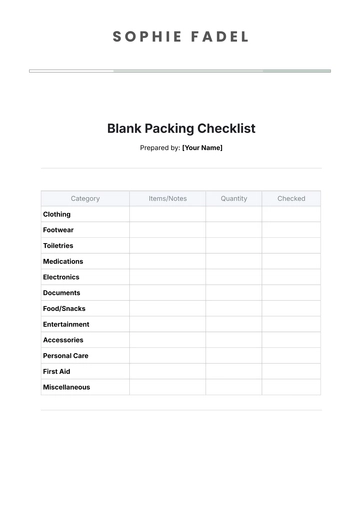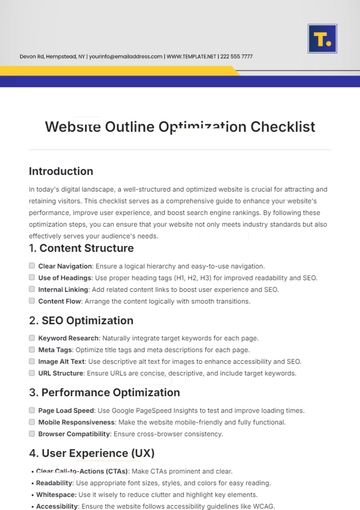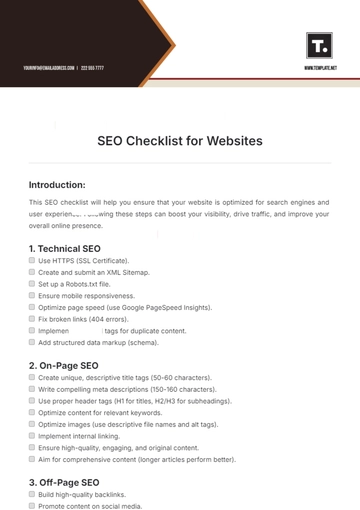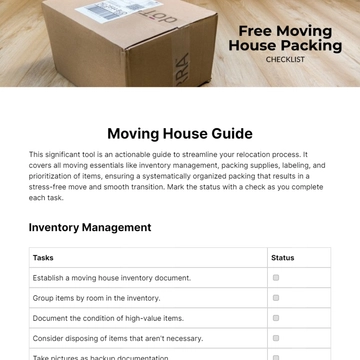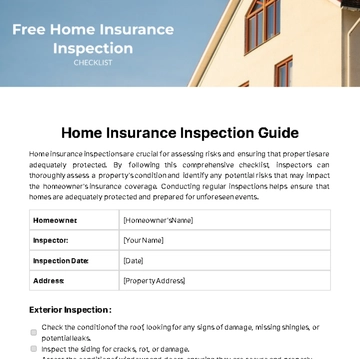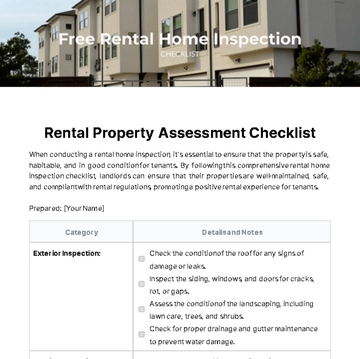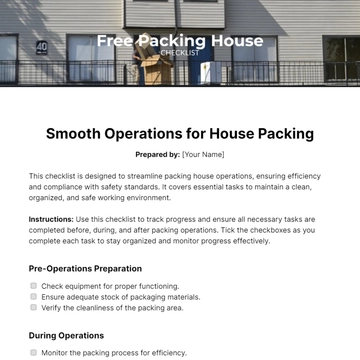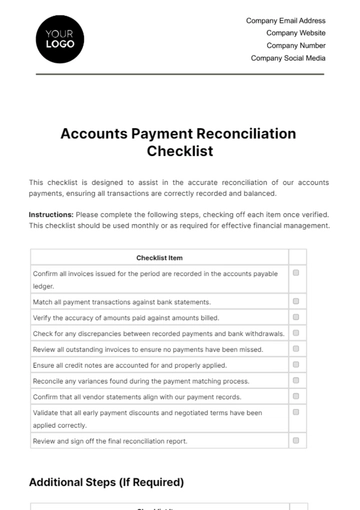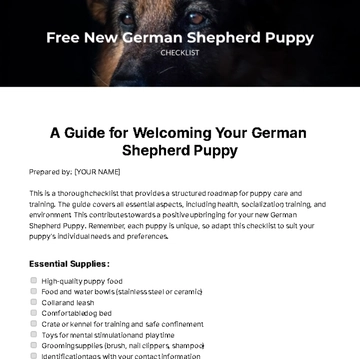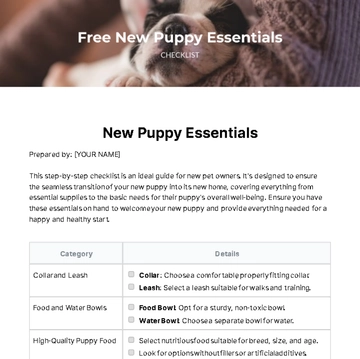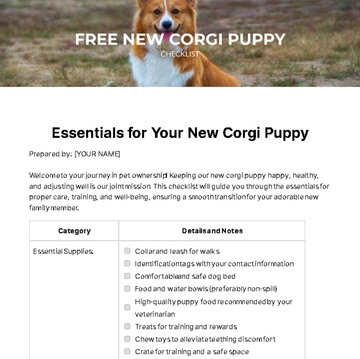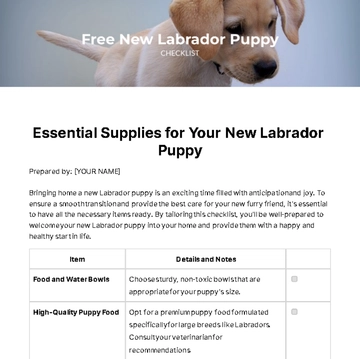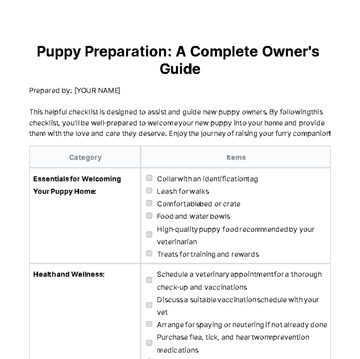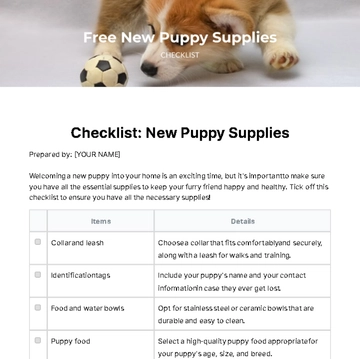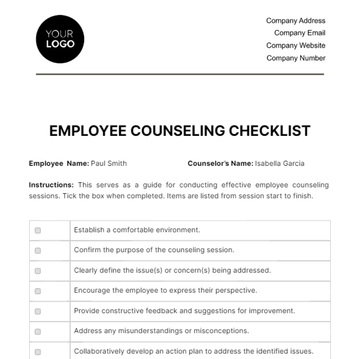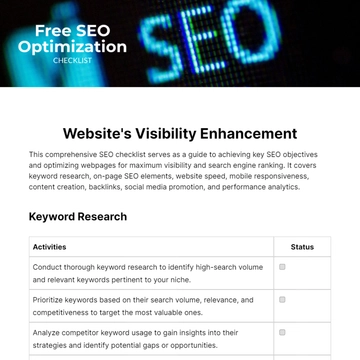Free New Puppy Health Checklist

Listed by: [YOUR NAME]
Establishing a health routine early on is crucial for your puppy's development and happiness. By following this simple health checklist and providing attentive care, you can set your new puppy on the path to a happy and healthy life filled with love and companionship.
Veterinary Examination:
Schedule a visit to the veterinarian shortly after bringing your puppy home. The vet will conduct a thorough physical examination to assess your puppy's overall health, provide vaccinations if necessary, and discuss preventive care.
Vaccinations:
Ensure your puppy receives the necessary vaccinations to protect against common diseases such as distemper, parvovirus, rabies, and others.
Follow your vet's vaccination schedule for optimal protection.
Parasite Control:
Begin a parasite control regimen to prevent fleas, ticks, and intestinal worms. Your vet can recommend appropriate preventive medications and treatments tailored to your puppy's needs.
Nutrition:
Feed your puppy a balanced diet suitable for their age, size, and breed.
Choose high-quality puppy food rich in essential nutrients for healthy growth and development.
Avoid feeding table scraps and consult your vet for dietary recommendations.
Hygiene:
Maintain your puppy's hygiene by regularly grooming them, including brushing their coat, trimming nails, and cleaning their ears and teeth.
Establish a grooming routine early to help your puppy become accustomed to handling.
Exercise:
Provide regular exercise and playtime to keep your puppy physically and mentally stimulated. Age-appropriate activities such as short walks, interactive toys, and supervised play sessions can help promote proper development and prevent behavioral issues.
Socialization:
Introduce your puppy to various environments, people, and other animals to promote socialization skills. Positive experiences during the critical socialization period (generally up to 16 weeks of age) can help prevent fear and aggression later in life.
Ongoing Monitoring:
Keep a close eye on your puppy's behavior, appetite, and overall demeanor.
Monitor for any signs of illness or discomfort and promptly consult your veterinarian if you notice any concerns.
- 100% Customizable, free editor
- Access 1 Million+ Templates, photo’s & graphics
- Download or share as a template
- Click and replace photos, graphics, text, backgrounds
- Resize, crop, AI write & more
- Access advanced editor
Welcome your new furry friend into a world of optimal health and happiness with Template.net's New Puppy Health Checklist Template. Editable in our AI Editor Tool, this template is designed to elevate your puppy parenting journey. Our checklist provides expert guidance to ensure a happy and thriving companion from day one.
You may also like
- Cleaning Checklist
- Daily Checklist
- Travel Checklist
- Self Care Checklist
- Risk Assessment Checklist
- Onboarding Checklist
- Quality Checklist
- Compliance Checklist
- Audit Checklist
- Registry Checklist
- HR Checklist
- Restaurant Checklist
- Checklist Layout
- Creative Checklist
- Sales Checklist
- Construction Checklist
- Task Checklist
- Professional Checklist
- Hotel Checklist
- Employee Checklist
- Moving Checklist
- Marketing Checklist
- Accounting Checklist
- Camping Checklist
- Packing Checklist
- Real Estate Checklist
- Cleaning Checklist Service
- New Employee Checklist
- Food Checklist
- Home Inspection Checklist
- Advertising Checklist
- Event Checklist
- SEO Checklist
- Assessment Checklist
- Inspection Checklist
- Baby Registry Checklist
- Induction Checklist
- Employee Training Checklist
- Medical Checklist
- Safety Checklist
- Site Checklist
- Job Checklist
- Service Checklist
- Nanny Checklist
- Building Checklist
- Work Checklist
- Office Checklist
- Training Checklist
- Website Checklist
- IT and Software Checklist
- Performance Checklist
- Project Checklist
- Startup Checklist
- Education Checklist
- Home Checklist
- School Checklist
- Maintenance Checklist
- Planning Checklist
- Manager Checklist
- Wedding Checklist
- Vehicle Checklist
- Travel Agency Checklist
- Vehicle Inspection Checklist
- Interior Design Checklist
- Backpacking Checklist
- Business Checklist
- Legal Checklist
- Nursing Home Checklist
- Weekly Checklist
- Recruitment Checklist
- Salon Checklist
- Baby Checklist
- Equipment Checklist
- Trade Show Checklist
- Party Checklist
- Hospital Bag Checklist
- Evaluation Checklist
- Agency Checklist
- First Apartment Checklist
- Hiring Checklist
- Opening Checklist
- Small Business Checklist
- Rental Checklist
- College Dorm Checklist
- New Puppy Checklist
- University Checklist
- Building Maintenance Checklist
- Work From Home Checklist
- Student Checklist
- Application Checklist
